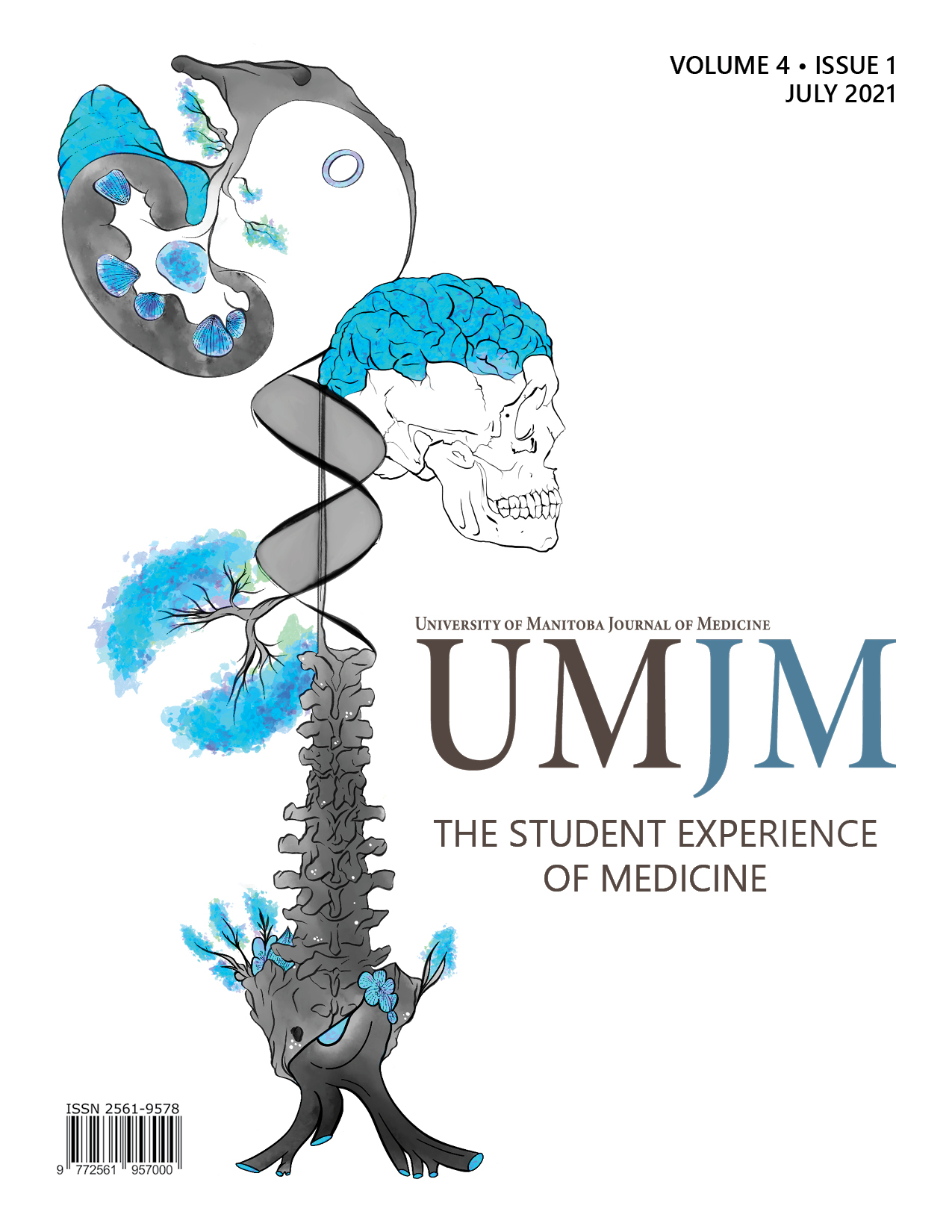Authors: Nebojša Oravec BSc, Kara Frejuk BSc, Kaleigh Ducas-Mowchun BSc, Ann Weber BSc
While the COVID-19 pandemic forced some Canadians into “lockdown” for the first time, the experience of social isolation was already a reality for many older adults. Public health restrictions intensified social isolation during the pandemic and, while the rest of the world transitioned to using technology to meet their social needs, the older adult population was largely left behind. With focus on immediate medical and financial need, efforts to mitigate social isolation were diverted to community and volunteer agencies. The combination of inadequate action on the part of government and absence of an organized community strategy provided an opportunity for grassroots advocacy projects to address new or existing issues related to the COVID-19 pandemic. The Student-Senior Isolation Prevention Partnership (SSIPP) is one such project. It serves to connect health professional students with older adults for regular telephone visits to promote social connection and health literacy. In addition to the immediate and lasting benefits for older adults, SSIPP has expanded to become an educational tool for experiential learning and advocacy training. In this article, we describe the circumstances that led to the emergence of a national advocacy project for Canadian medical students and its potential for enhancing medical education.
Keywords: social isolation, geriatrics, advocacy, COVID-19
